Indian officials accuse late Kashmiri leader's family under anti-terror law
The police in Indian-controlled Kashmir has registered a case under a sweeping anti-terrorism law against the family of a pro-independence leader, who recently passed away at his residence in the main city of Srinagar.
Tensions in the Muslim-majority Himalayan territory had been heightened since Syed Ali Geelani died at the age of 92 on Wednesday.
The police said on Sunday that the case was registered under the Unlawful Activities Prevention Act (UAPA), which effectively allows people to be held without trial indefinitely. It was registered on Saturday against Geelani's family. The family were accused of "raising anti-national slogans and resorting to other anti-national activities" at the influential resistance leader's home soon after his death.
Critics say the controversial act has been used by the police to intimidate locals in the region, accusing India of using the vaguely-worded UAPA legislation against thousands of Kashmiri residents, journalists, activists and dissidents.
A video widely shared on social media showed Geelani’s body wrapped in a Pakistani flag before police officers took it away amid a scuffle with his family members. Chants of "we want freedom" were heard in the background during the mayhem.
The pro-independence leader's son, Naseem Geelani, once again on Sunday accused the Indian forces of taking his father's body away to be buried in the middle of the night just hours after his death, and did not allow the family to perform last rites.
"We told the visiting police officers that they had taken control of everything after my father's death and that we were mourning. We had no way of knowing who was doing what," Geela's son was quoted as saying.
Police have refuted the allegations.
The Indian troops are now reportedly guarding Geelani's grave and no one is allowed to approach it in Srinagar,
The news of his death triggered authorities to beef up security in the region, and shut down Internet services.
Authorities on Sunday eased a lockdown imposed to maintain calm after his death across Kashmir. An internet and mobile phone shutdown was partially eased on Saturday.
Geelani, a popular figure in the region, who demanded a referendum on whether Kashmir should remain under the control of New Delhi, had been in prison or under house arrest for much of the past decades.
Kashmir has been split between India and Pakistan since their partition in 1947. Both countries claim all of Kashmir and have fought three wars over the territory.
The government of Indian Prime Minister Narendra Modi revoked the self-autonomy of Indian-controlled Kashmir in 2019, in a move described by Pakistan as illegal. Since then, India has imposed more internet shutdowns and other restrictions in the disputed Muslim-majority region.
D-8’s role in Iran’s economy after Cairo summit
China slams US as ‘war-addicted’ threat to global security
China ‘firmly opposes’ US military aid to Taiwan
VIDEO | Press TV's News Headlines
President Yoon Suk Yeol to be removed from office
At least 19 Gazans killed by Israeli airstrikes since dawn: Medics
Leader: Iran neither has nor needs proxy forces
US fighter aircraft shot down ‘in friendly fire’ amid aggression on Yemen


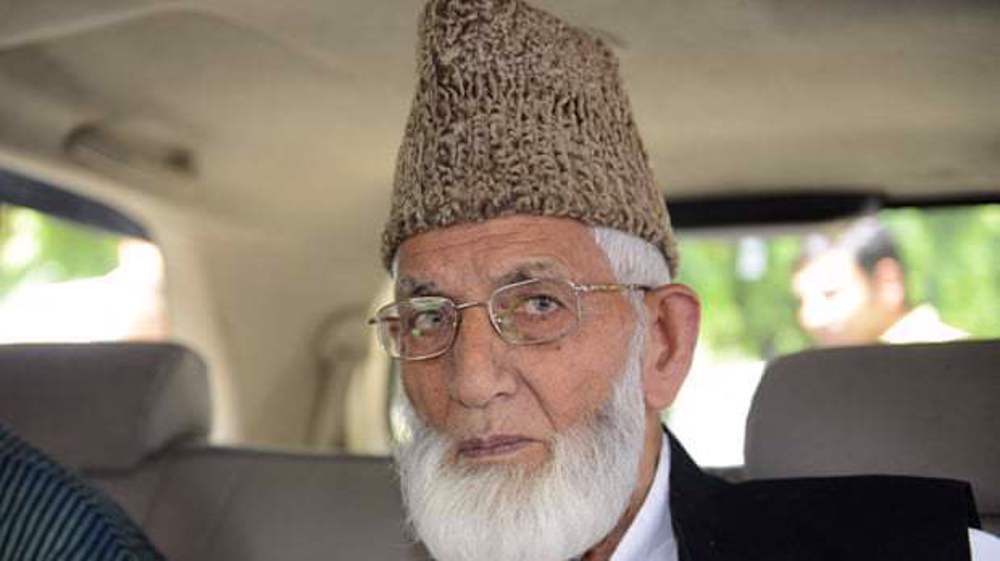
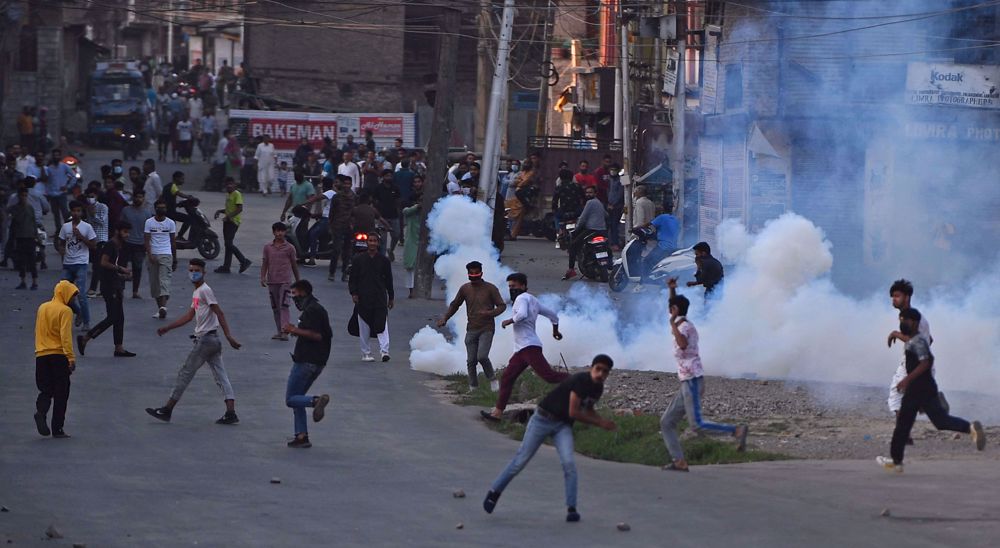
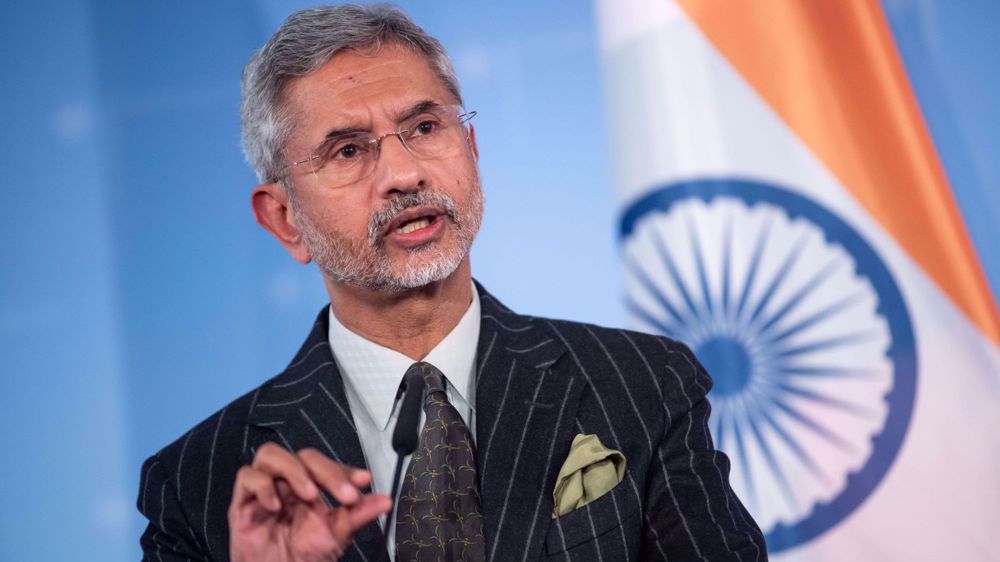
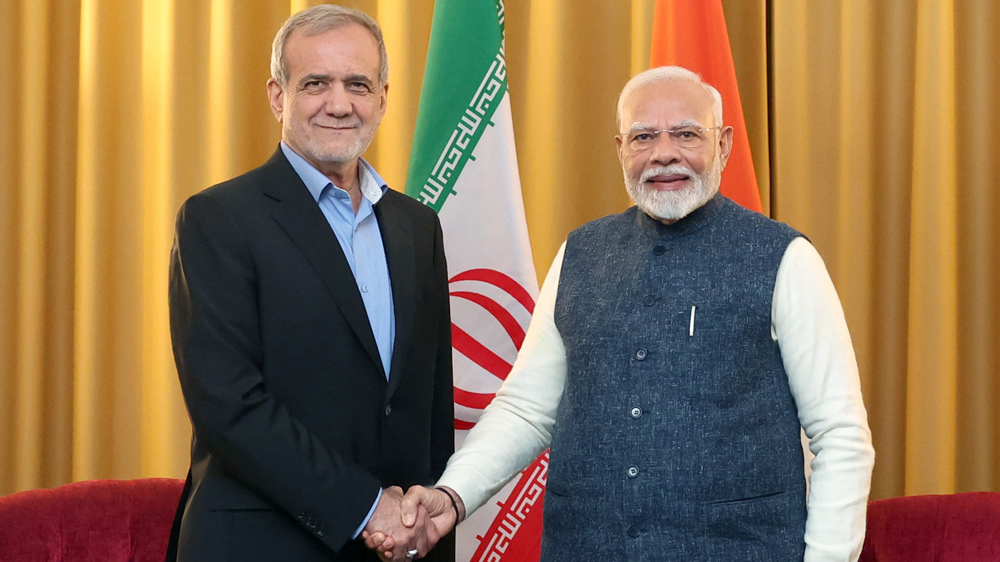




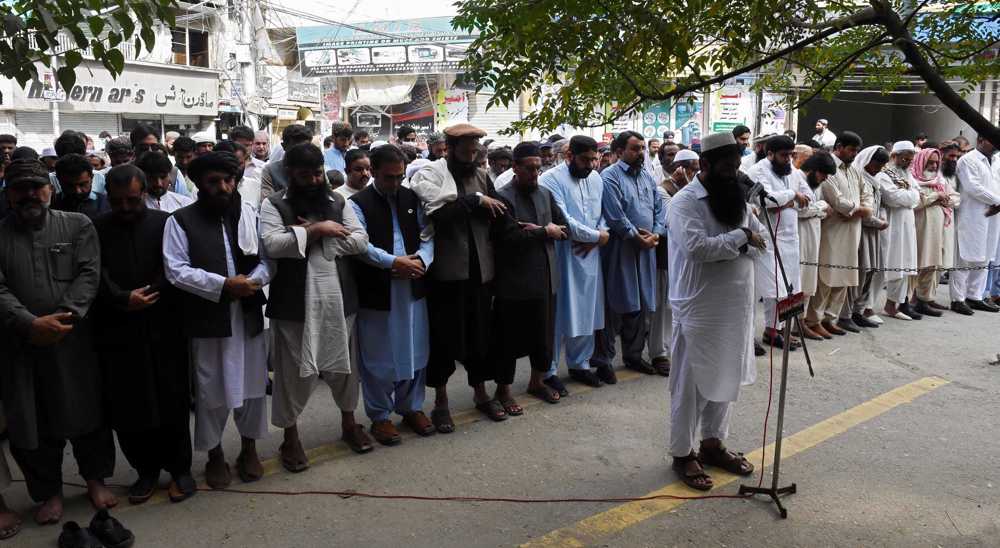
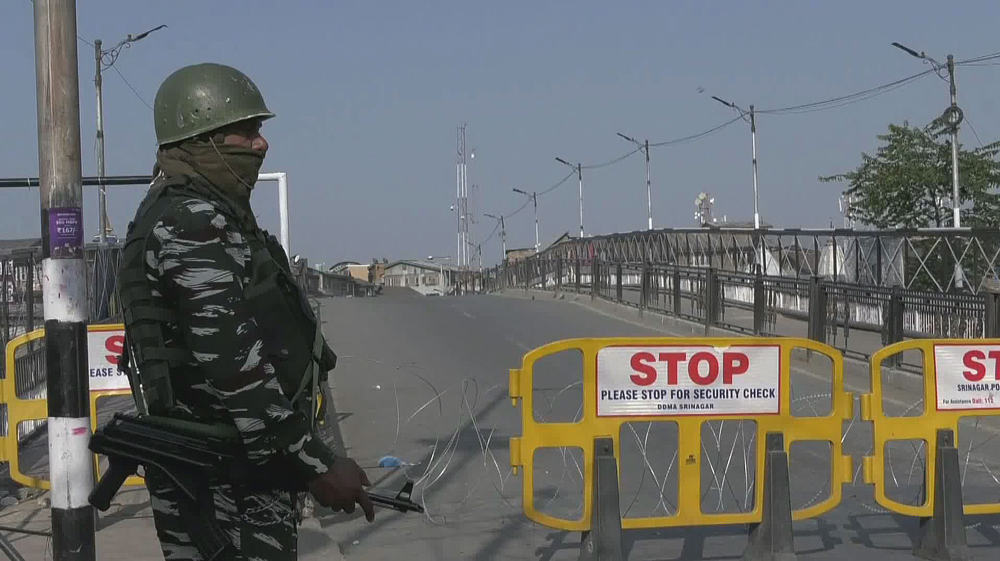
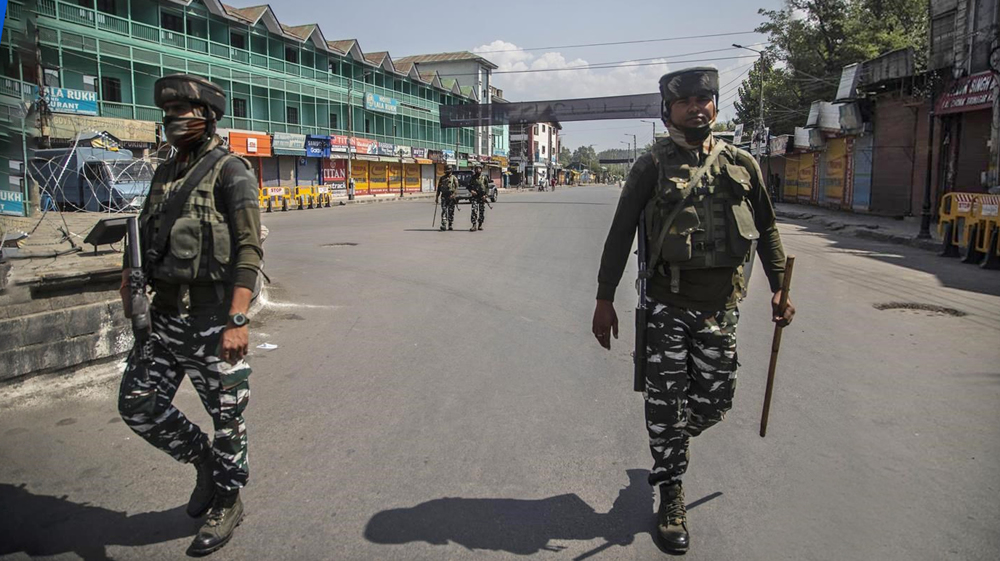
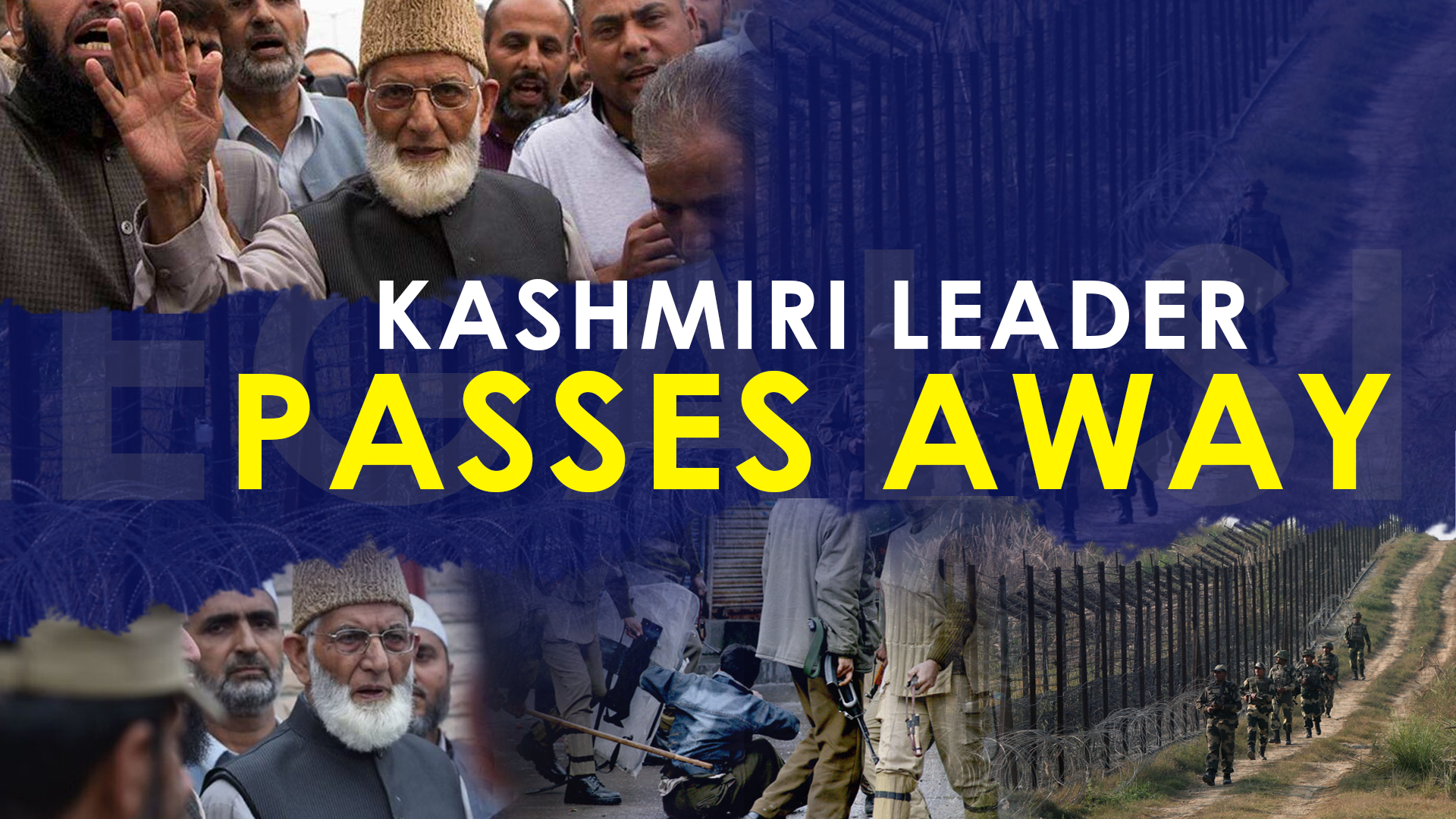
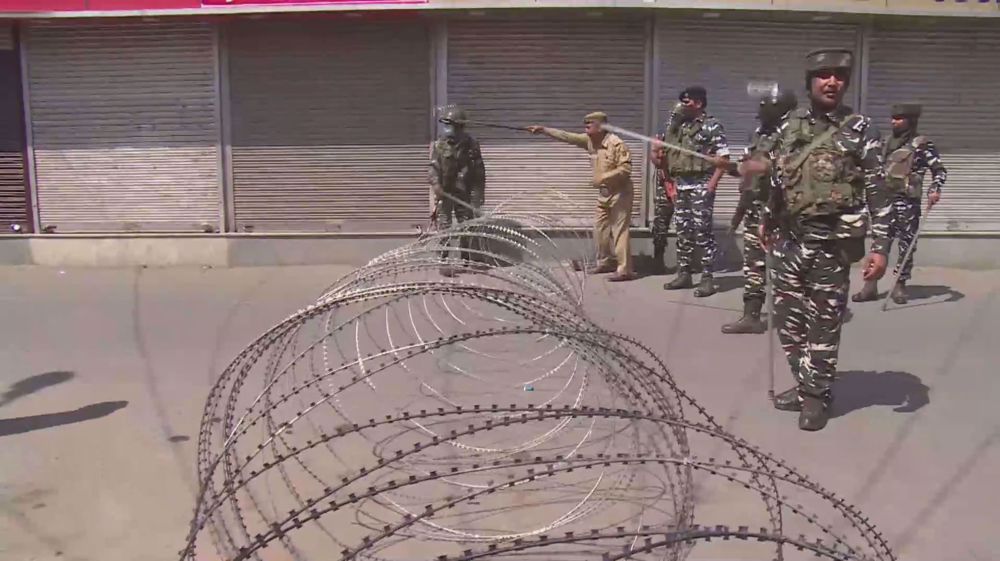
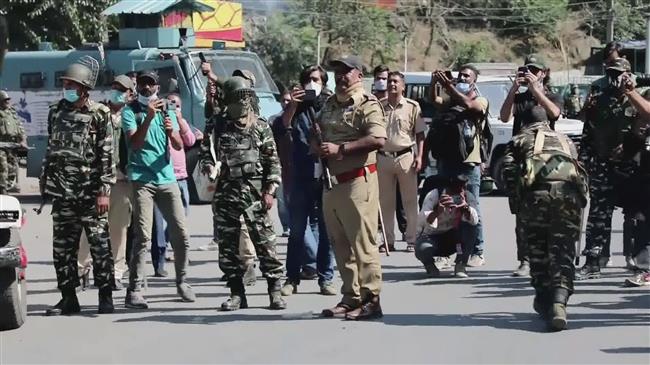
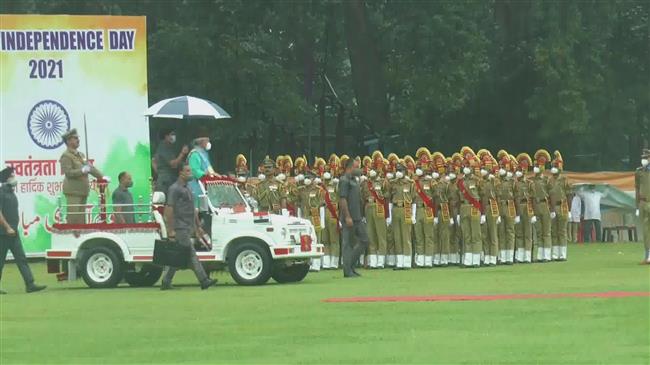
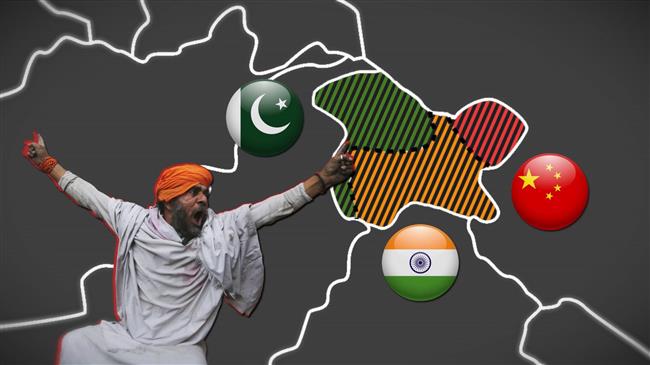
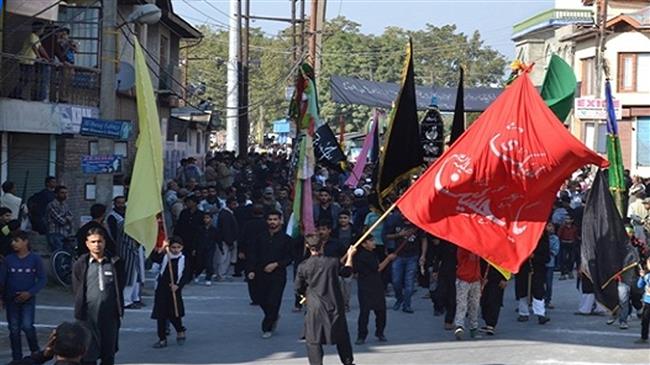

 This makes it easy to access the Press TV website
This makes it easy to access the Press TV website